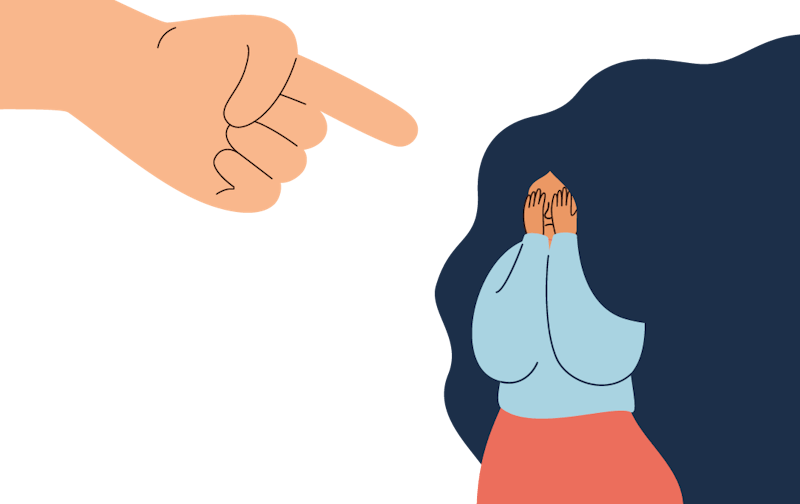Hate speech is a complex and difficult issue that is a challenge for modern society.
There is freedom of expression in Iceland. The Constitution of Iceland does allow limiting freedom of expression to protect citizens. Hate speech is punishable under Icelandic law.
Anyone can be subjected to hate speech. The victims are, in most cases, queer people, immigrants, and other marginalized groups.
People use hate speech against others because of their:
- Country of origin
- Colour of skin
- Race
- Religion
- Disability
- Sexual characteristics
- Sexuality
- Gender identity
- Other similar factors
